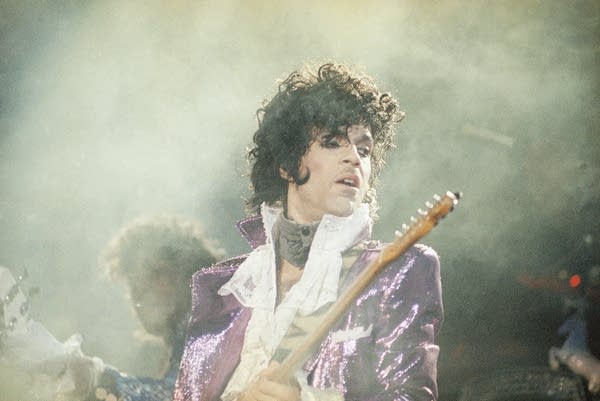The road that led Prince Rogers Nelson to stardom

"He was a virtuoso drummer, he was a virtuoso bass player," James "Jimmy Jam" Harris said of Prince. "Everything he picked up he was good at. He was amazing at it."
Liu Heung Shing | AP 2015
Go Deeper.
Create an account or log in to save stories.
Like this?
Thanks for liking this story! We have added it to a list of your favorite stories.


